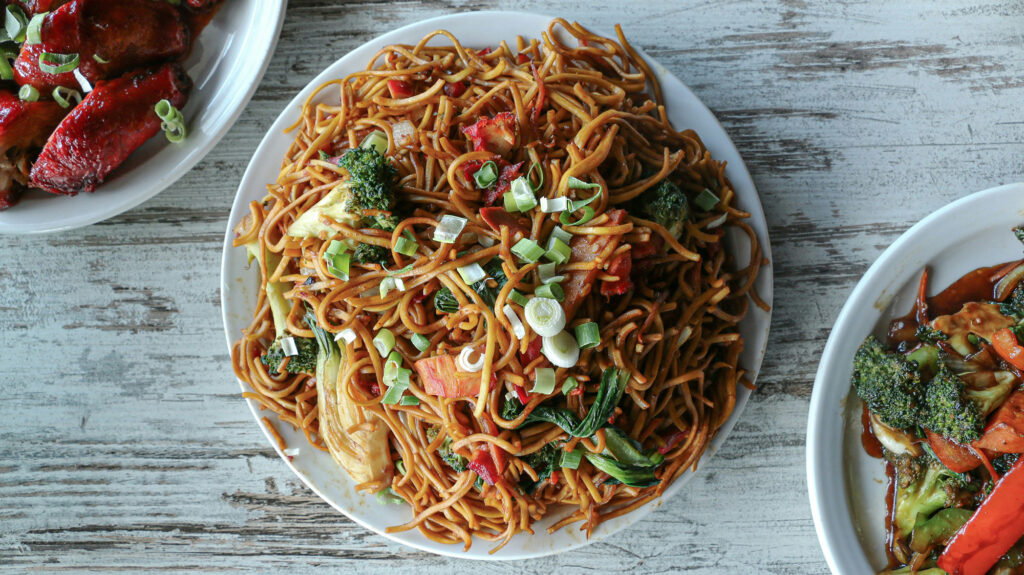Having herbal tea may positively affect glucose metabolism. This, in turn, is likely to reduce the risk of type-2 diabetes and other related conditions. But its effects depend on how you take it. Caffeine-based herbal teas, like green tea, may have an insulin-sensitising effect. This causes a drop in blood sugar levels and leads to hypoglycaemia.
Balancing glucose levels while enjoying herbal tea
• Avoid the insulin-sensitising effect by drinking herbal teas with no or low caffeine content, such as chamomile or rooibos tea.
• Consider drinking herbal tea after meals to help slow down the absorption of carbohydrates and reduce post-meal blood sugar spikes.
• You may want to avoid adding sugar or sweeteners to your herbal tea. Try using natural alternatives like stevia or monk fruit to prevent a sudden spike in blood sugar.
Drinking decaffeinated herbal teas like chamomile or peppermint may help maintain healthy blood sugar levels. But avoid caffeine-based herbal teas like green tea, especially those with added sugars. So, keep these recommendations in mind and enjoy your favourite herbal teas.







